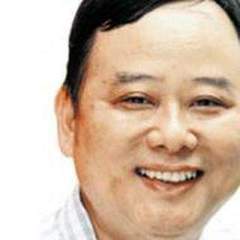Chinese netizens debate: Should China abandon the market economy for a 'people-oriented' economy?
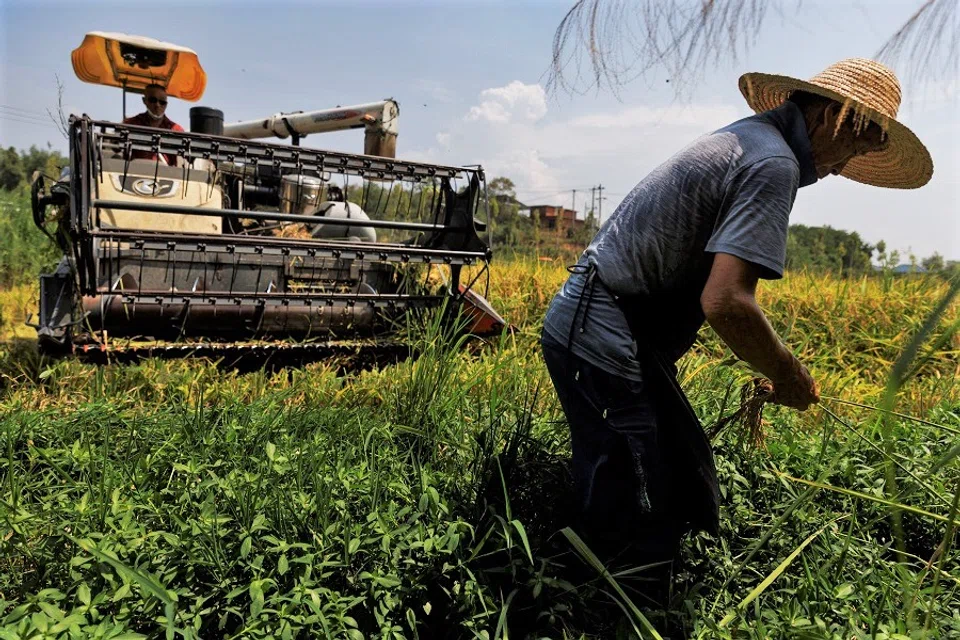
Wen Tiejun, a renowned Chinese expert on agriculture, rural areas and farmers, has recently been caught up in a whirlwind of controversy. His proposed concept of a "people-oriented" economy (人民经济) was met with polarised comments from academics and the public. Critics claimed that he is opposing reform and opening up and attempting to return to a planned economy, while supporters praised him for speaking up for the disadvantaged and for not allowing domestic and foreign capital to do as they please.
Debate over Wen's remarks intensified as the Chinese Communist Party (CCP)'s 20th Party Congress fast approaches. Some people are even convinced that Wen's people-oriented economy has strong backing and is intended to test the waters. They believe that officials may propose a "socialist people-oriented economy" to replace the long-established "socialist market economy".
"If our economic system is not autonomous but formed by foreign intervention, it is only natural that its earnings will serve foreign interest groups." - Wen Tiejun
Emphasis on people
The "people-oriented" economy that Wen proposed during a video interview programme is characterised by autonomy, localisation, comprehensiveness, and emphasis on the people.
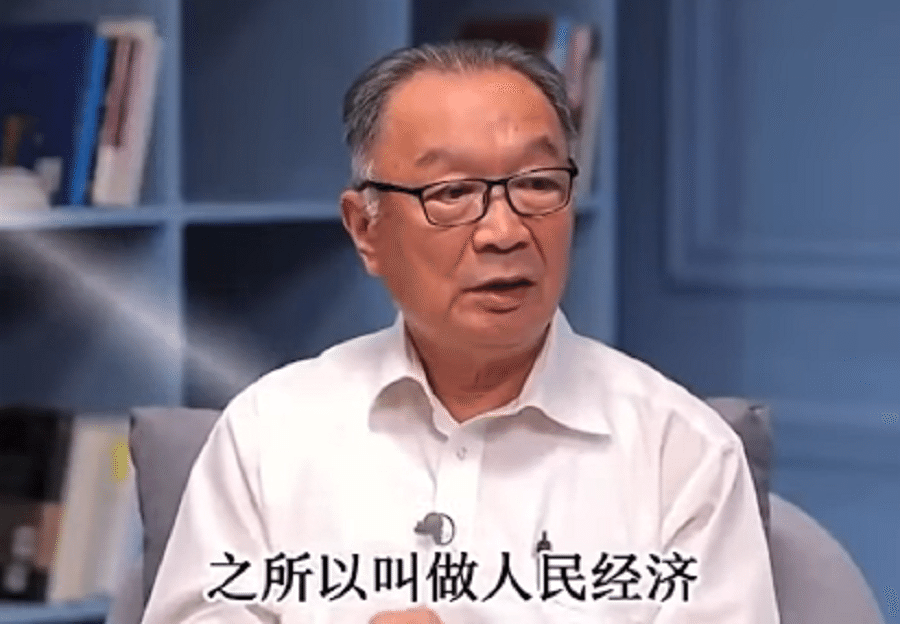
He said, "Autonomy is closely related to the formation and maintenance of a country's economic sovereignty. If our economic system is not autonomous but formed by foreign intervention, it is only natural that its earnings will serve foreign interest groups."
"Compared with globalisation, localisation has become an international trend that everyone should pursue. It includes developing resources, channelling the revenue from these resources back to the local community, and making resource development locally sustainable. Hence, autonomy and localisation are related to the maintenance of sovereignty," he added.
He also asserted, "Companies should not simply aim to maximise their private interests, but also to seek comprehensive development locally."
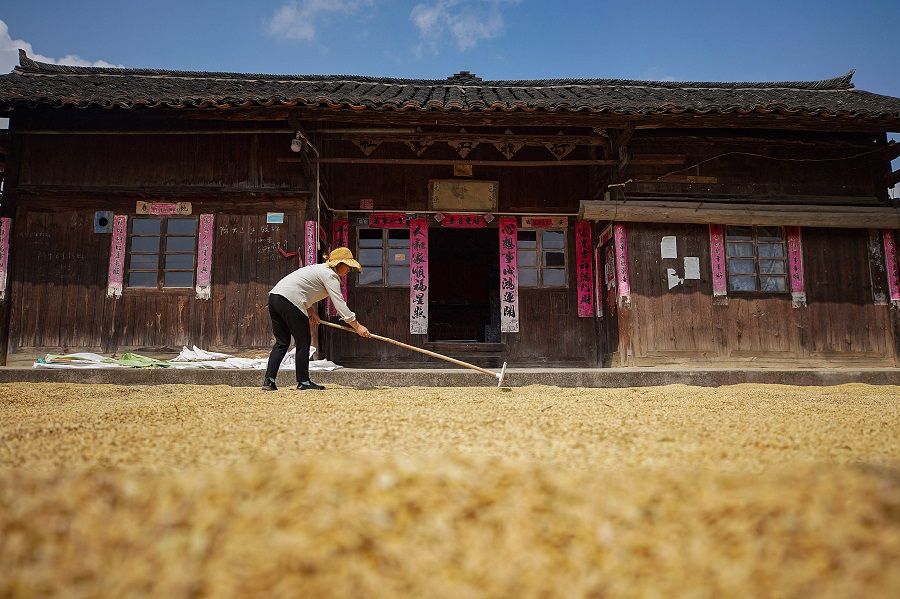
He explained, "In a people-oriented economy, the people are an important part of property relations, i.e., ownership by the whole people. Objectively, there is already a significant share of state-owned enterprises in today's China and the people do possess basic rights to enterprises owned by the whole people in terms of property and distribution relations. How these rights are represented is an important part of remembering our original aspiration and mission."
Critics accused Wen of clearly opposing reform and opening up and attempting to bring China back to the planned economy era.
Back to planned economy era?
Clearly, Wen's remarks are neither profound nor novel, and the interview did not attract much attention when it was first posted online in May this year. Yet, it suddenly went viral over the past week.
This is because several high-profile economists on the internet lambasted Wen's "people-oriented" economy, asserting that his promotion of autonomy is essentially about closing borders and locking up the country; his so-called localisation is to confine oneself to promote self-sufficiency; his comprehensiveness is to have enterprises undertake societal functions; and his emphasis on people orientation is to return to the old path of large-scale people's communes that emphasise socialist and collective ideals.

Closing borders and locking up the country, being self-sufficient, building an enterprise-run society, and establishing the people's communes were major characteristics of the Chinese economy and society prior to reform and opening up. Critics accused Wen of clearly opposing reform and opening up and attempting to bring China back to the planned economy era.
Some critics also say that Wen is merely putting together a sketchy and so-called new theory using concepts from the planned economy and small-scale peasant economy while labelling it a people-oriented economy. The modern economic development model comes with a complex framework of interests and is deeply embedded into society, with its economic instruments of shares, investments, bonds, futures, limited companies, banks and exchange services, all founded on the fundamentals of modernisation. Such a model is not easily replaceable just by proclaiming that the Western economic model is wrong or unsuitable.
They feel that Wen's people-oriented economy is intended for the ordinary people to benefit from economic growth, prevent polarisation and create common prosperity...

The criticism against Wen was sudden, with people launching personal attacks and denouncing his qualification as an academic. However, Wen - who is in his 70s - has not hit back at his critics, but merely hinted that others may have misconstrued his meaning.
For common prosperity
However, another group of netizens is not having it and are speaking up for Wen. They feel that Wen's people-oriented economy is intended for the ordinary people to benefit from economic growth, prevent polarisation and create common prosperity, while the economists attacking Wen are just spokespersons for capitalism who serve interest groups.
Sima Nan, seen as a left-wing "Big V" (大V, verified internet personality), posted that Wen was simply talking about common prosperity through socialism with Chinese characteristics, and that reform and opening up is a self-improvement of socialism, and not a change of strategy.
Sima Nan claimed, "Some people might have smelled something off. They are afraid, even turned off, by the new, improved definition of socialism with Chinese characteristics, and the people-oriented focus... They see the 'maximising of personal interests' and unchecked growth of capitalism that is happening in certain fields and localities as normal and sacred and inviolable, and will clearly defend it."
It may be an overestimation of his impact to say that he has strong backing with the responsibility of "testing the water".
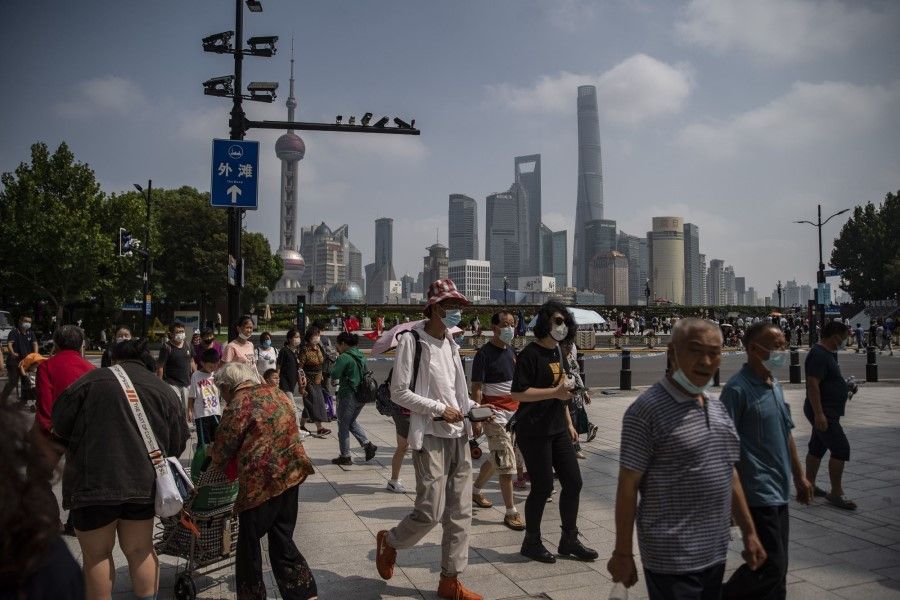
Ahead of the 20th Party Congress, the debate over a people-oriented economy seems to have escalated to two different tracks, prompting speculation that the session might lead to a change in tack and abandon the "socialist market economy".
However, while Wen is well-known, he is not quite an "official" mainstream economist, and his "people-oriented" economy is neither systematic nor precise. It may be an overestimation of his impact to say that he has strong backing with the responsibility of "testing the water".
"Building a socialist market economy" was an economic reform passed during the 14th Party Congress in 1992 and played a huge role in China's rapid economic development over the past 30 years. Furthermore, the Third Plenary Session of the 18th Central Committee of the CCP in 2013 mentioned "the decisive role of the market in allocating resources", and this was reiterated during the 19th Party Congress in 2017.
It is rather far fetched to believe that the authorities would replace the market economy with a vague concept of a people-oriented economy. This debate is just another verbal war between netizens with different stands, which has long been commonplace in China.
For Lianhe Zaobao's special reports on the 20th Party Congress, click here.
